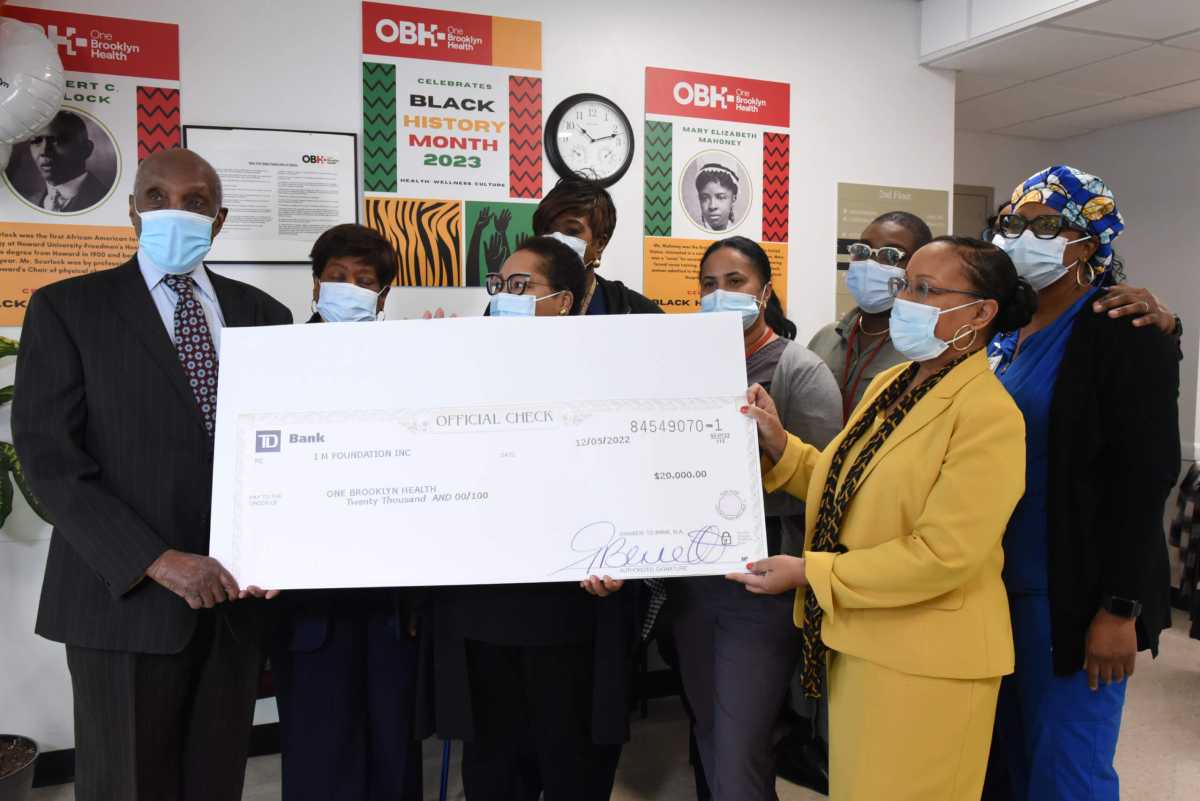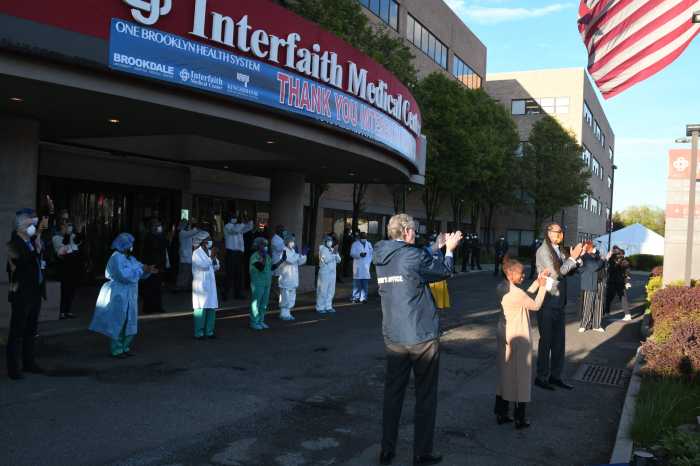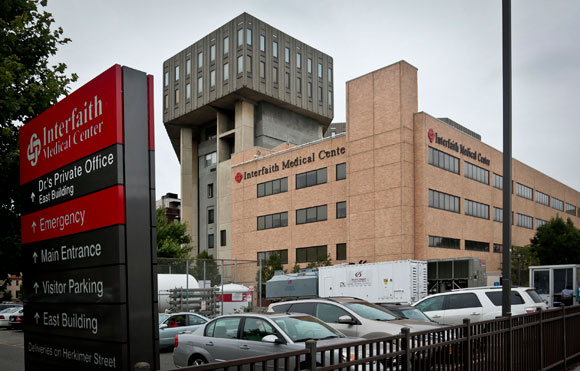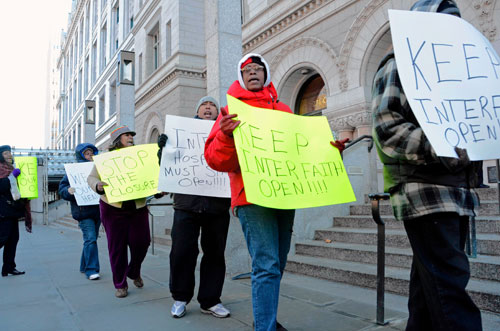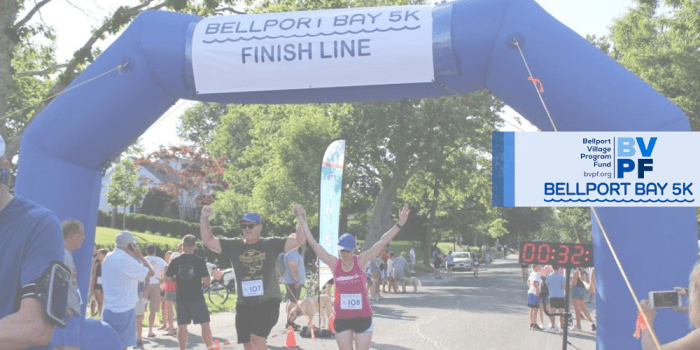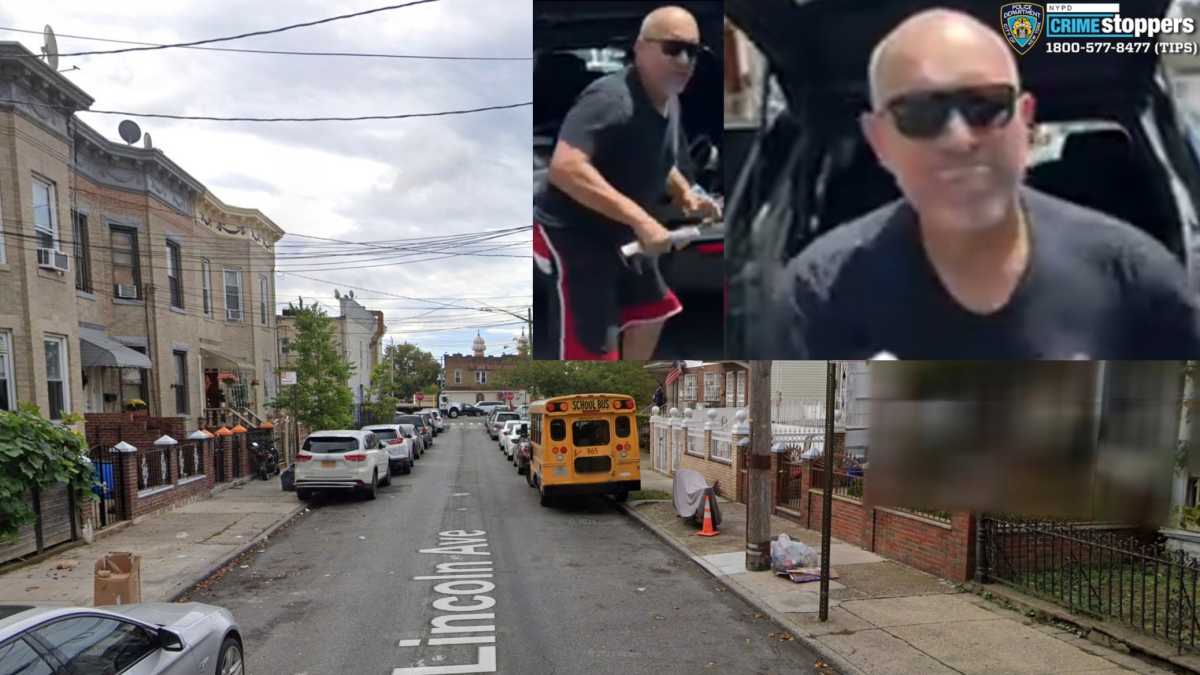The Bishop Orris G. Walker, Jr. Family Health Center at Interfaith Medical Center has received a grant of $20,000 from the Brooklyn Health Equity Foundation to fund the clinic’s free contraceptive care program.
Dr. Gwendolyn Lewis, the center’s chief nursing officer and senior vice president of patient care services, founded the program in 2016, which originally received funding from the New York City Dept. of Health and Public Health Solutions to purchase contraceptives and partner with public and charter schools to educate local youth on her center’s contraceptive care options.
When that funding ended, Dr. Lewis, who has worked as a nurse for 46 years, was left to seek help elsewhere.
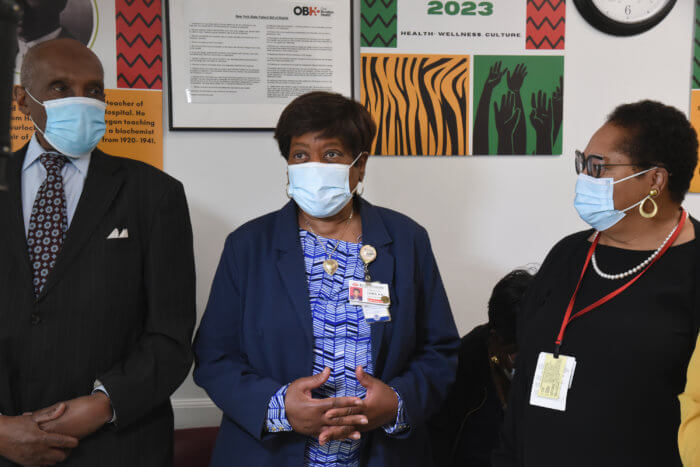
“I want to thank the foundation for this grant,” said Dr. Lewis. “It helps us to keep a program going that is of tremendous value, especially in times like this when women’s sexual and reproductive rights are threatened as we’ve seen happening all over the country. To give people access to free contraceptives is very important in preventing unwanted or unintended pregnancies, especially amongst our teenage population.”
Teen pregnancy has dipped thanks to contraceptive care clinic
Since starting the program in 2016, Dr. Lewis says she has seen a decline in teenage pregnancy in the area her clinic serves.
The clinic, which is part of the One Brooklyn Health system, provides a variety of contraceptive options for women through the program such as IUDs, female condoms, the pill and Plan B.
“Sometimes people think they know their various options, but they don’t always know all of them,” said Gabrielle Kersaint, the vice chair of Brooklyn Health Equity Foundation. “There are so many options.”
LaRay Brown, One Brooklyn Health’s chief executive officer, praised Dr. Lewis for her persistent work in the community to improve teen pregnancy rates and pregnancy outcomes for women of all ages.
“We are starting at the beginning, pre-pregnancy, to ensure there can be better outcomes when and if the woman decides to be pregnant,” said Brown. “We also provide prenatal care and, of course, labor and delivery care within One Brooklyn along with supportive services to moms and babies, but this is at the beginning. This is allowing women to make the choice and to plan for what we would hope to be a healthy pregnancy.”
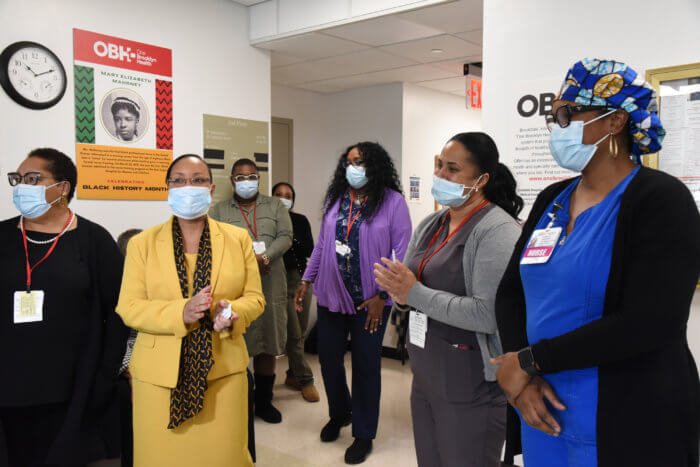
She noted this is especially significant for central Brooklyn’s residents “given the disproportionate mortality rate amongst African American women in particular and women of color in general.” According to the CDC, Black women are three times more likely to die from a pregnancy-related issue than white women, and the disparity is even larger in Brooklyn.
“Our mission is to advance and facilitate quality healthcare in Brooklyn for underserved communities,” said Kersaint. “Interfaith Medical and One Brooklyn Health in general serves a very underserved population, which is very aligned with our mission. Whether you don’t have money or insurance, you can walk in here and get contraception. We are very proud of and appreciate the work being done.”
Dr. Lewis noted that this funding will last the program about a year and estimates it will serve around 100 patients.
“If we could get continuous funding, that would be the best,” said Dr. Lewis.


